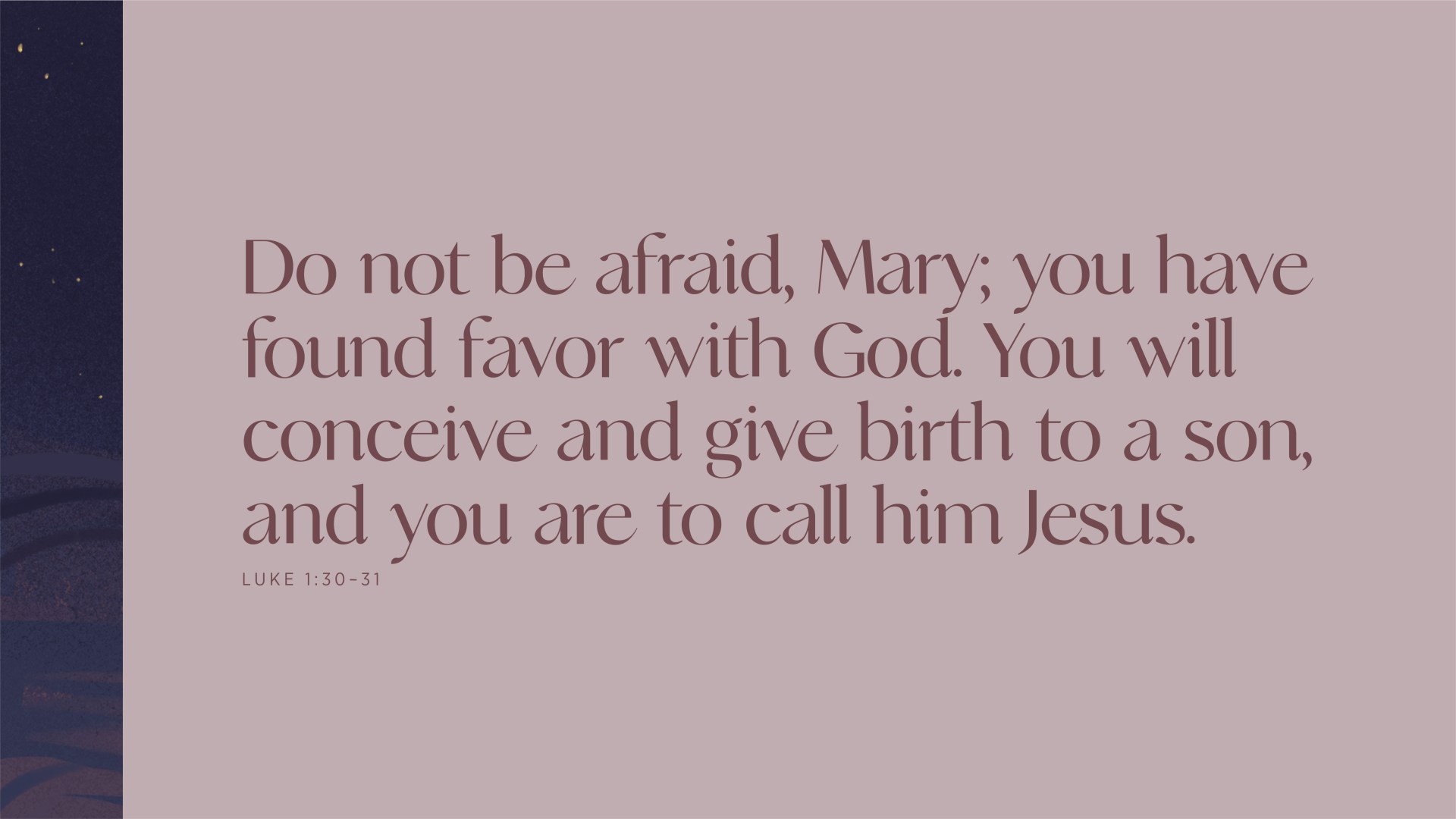Read Luke 1:26–38.
Obedience would be easy if it all made sense. And if we agreed. Or if we thought of the plan ourselves. But I suppose then it wouldn’t really be obedience, would it?
When we read the stories of women and men of great faith, we imagine there was no struggle—that they heard the word of the Lord and rushed to obey right away. But the truth is, even when the word of the Lord is clear, obedience is challenging.
An angel of the Lord appeared to Mary. An angel! We might tell ourselves that if we were to have an angelic visitation, obedience would be easy—but we would be fooling ourselves. Mary, the Bible tells us, was “greatly troubled” (Luke 1:29). More than that, Mary had some serious questions. “Mary said to the angel, ‘How can this be, since I am a virgin?’ ” (v. 34, NRSV). Fair point.
In many respects, Mary’s question is not all that different from Zechariah’s. When the angel told him that he and his equally aged wife were going to have a son, Zechariah asked, “How can I be sure?” (v. 18), also translated as “How will I know?” (NRSV). And yet Zechariah was struck mute.
We might parse the grammar of their respective questions and mine the language for clues, but I suspect the answer is not so much in the initial response as in their subsequent reactions. We have no reason to think Zechariah moved beyond bewilderment or disbelief during this initial encounter. (Though in time, of course, he did.) But in verses 26–38, Mary seemed to quickly move to a posture of surrender. “Then Mary said, ‘Here am I, the servant of the Lord; let it be with me according to your word’ ” (Luke 1:38, NRSV).
Paul would later pray that Christ would be formed in us, Jesus’ followers (Gal. 4:19). But it is Mary who actually had Christ being formed in her—in her very womb! While the Virgin Birth and the Incarnation are cornerstone miracles in Christian confession, we also find in this moment of Mary’s a paradigm of spiritual formation. For Christ to be formed in us, like Mary we must move through our turbulence and uncertainty and doubt to the posture of surrender. Participation in Christ happens as we pray, “Here am I, the servant of the Lord; let it be with me according to your word.” Even when we are tempted to fixate on “How can this be?”, may God give us the grace to end up in the “Let it be” of faith.
Glenn Packiam is an associate senior pastor at New Life Church in Colorado Springs. His books include Worship and the World to Come and The Resilient Pastor (February 2022).










